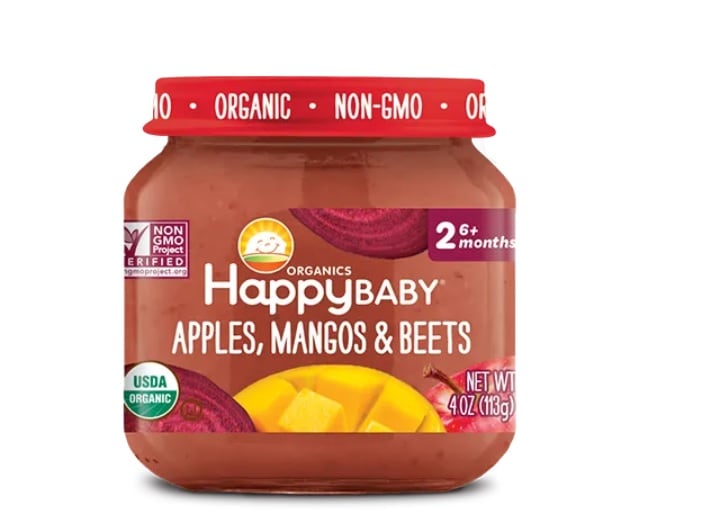It also is easing requirements for retailers to accept WIC benefits so that beneficiaries have more options of where to shop as they hunt for a restricted list of approved products that are in high demand by everyone.
“The pandemic has had serious impacts on the WIC program so far,” said Elisabet Eppes, program innovation manager at the National WIC Association. But, she added, “the WIC program is adapting to the pandemic so that participants can continue to receive services and access WIC foods.”
Eppes explained that just like many other Americans, “WIC participants are reporting having trouble accessing WIC foods, including infant formula, milk, eggs and bread due to store stocking issues.”
But unlike more financially stable shoppers, WIC participants could not – until recently – as easily swap products that are on store shelves for the ones on their approved list of eligible items, Eppes added.
“To accommodate food stocking issues, states are requesting substitutions and expansions for certain food packaged items, such as milk and eggs,” said Eppes. As of April 24 USDA granted associated waivers in 46 states, Guam, the Virgin Islands and for 17 tribal nations.
While the details of the waivers vary slightly by state, generally they allow the substitution of milk of any available fat content if prescribed varieties are not available, whole grains in package sizes up to 24 ounces when 16-ounce package are not available, and 18-count cartons of eggs when 12-count cartons are unavailable.
Increased retailer flexibility
In addition to easing restrictions for shoppers, WIC agencies also are relaxing minimum stocking requirements for WIC vendors facing stocking issues due to COVID-19, Eppes said.
Under the Families First Coronavirus Response Act, states can request waivers that authorized WIC vendors offer at least two different fruits, two different vegetables, and at least one whole grain cereal authorized by the state agency. So far, USDA has granted far fewer waivers for this benefit, with only 12 states and Guam receiving the waiver and nine tribal nations.
Beyond this, WIC agencies and retailers are exploring online and phone ordering for WIC foods and curbside pickup at grocery stores, but Eppes said, “unfortunately this practice has not been adopted yet on a large scale.”
While USDA has been lenient in some regards, Eppes said the agency is unwilling to allow states to increase the cash value benefit for fruits and vegetables under the program. As a result, women will continue to receive $11 per month cash value benefits for this products, while children receive $9 per month.
Physical distancing challenges approval, benefit renewal
Accessing WIC compliant products is only one of many challenges that beneficiaries face when accessing food through the program.
For example, Eppes said that many WIC clinics have temporarily closed due to social distancing protocols and others have less time to deliver WIC benefits because many state and local WIC staff have been redirected to other aspects of the pandemic response.
To help ease this impact, nearly all state agencies have requested and received approval from the USDA to waive the physical presence requirement to enroll in WIC or receive benefits, Eppes said. She explained that many agencies can now certify purchase over the phone or through video conferences.
At the same time, benefits can now be loaded onto EBT cards remotely or are mailed to participants’ homes. In cases where EBT benefits must be physically loaded on cards, agencies are conducting curbside or drive through WIC appointments, Eppes explained.
Overall, she said, “WIC agencies are doing an incredible job to adapt to the current circumstances,” and ensure that participants can access food during the pandemic.




